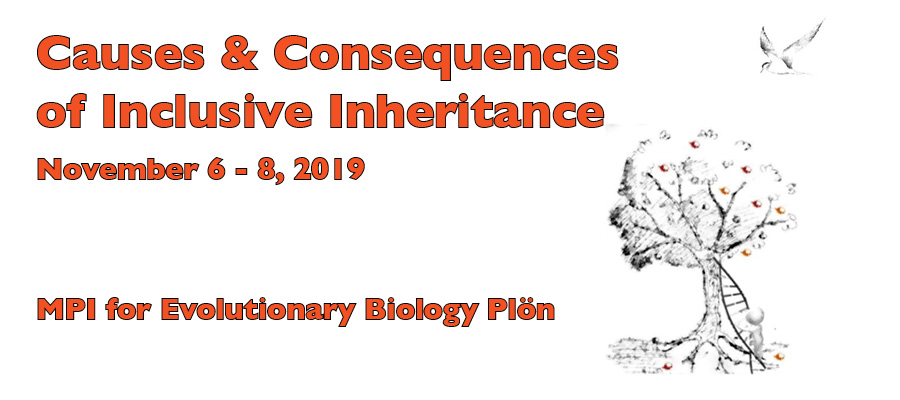Speaker
Description
The impacts of climate change on marine organisms will depend on their ability to tolerate, acclimate and eventually adapt to the environmental change. We performed unique transgenerational experiments to determine the molecular response of a coral reef fish to ocean acidification. Our complex design allows us to: 1) investigate the importance of parental exposure to ocean acidification conditions and tease apart within- and across-generation specific reactions; 2) evaluate the influence of the parental behavioural phenotype on the offspring response and 3) unveil tissue-specific transcriptional programs that might control the transgenerational response to ocean acidification. Results from brain transcriptomes reveal large differences between within and across generations with altered gene expression for the majority of within-generation responses returning to baseline levels following parental exposure to elevated CO2 conditions. Furthermore, the transcriptomic responses of offspring depended largely on the behavioural phenotype of the parents, revealing a complex interaction between parental phenotype and parental exposure for the transgenerational signal in the brain of the offspring. Transgenerational reprogramming, however, shows tissue-specificity. We were able to evaluate the influence of parental phenotype and parental exposure as well as draw a whole-organism picture of the transgenerational signal in a coral reef fish as a response to near-future predicted ocean acidification conditions.

